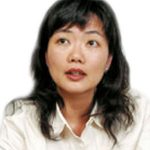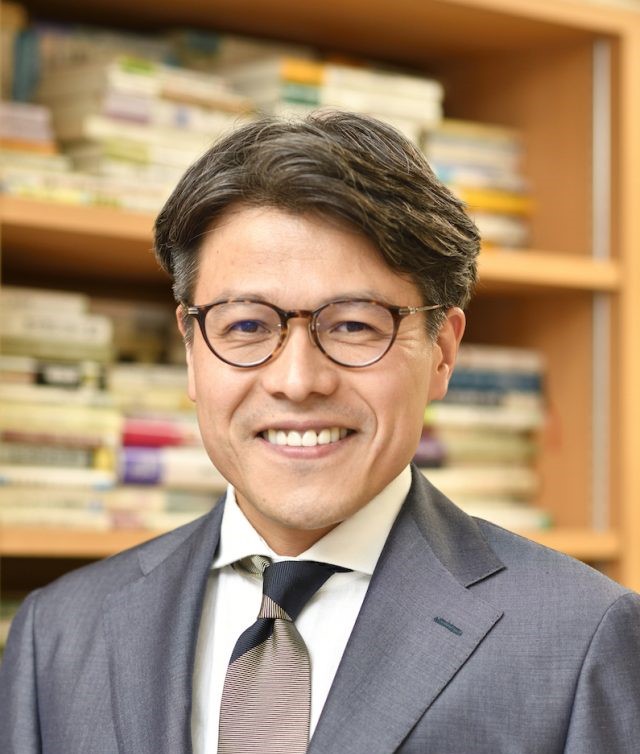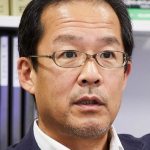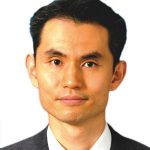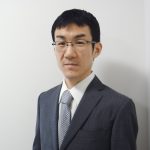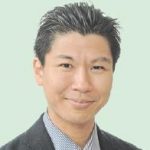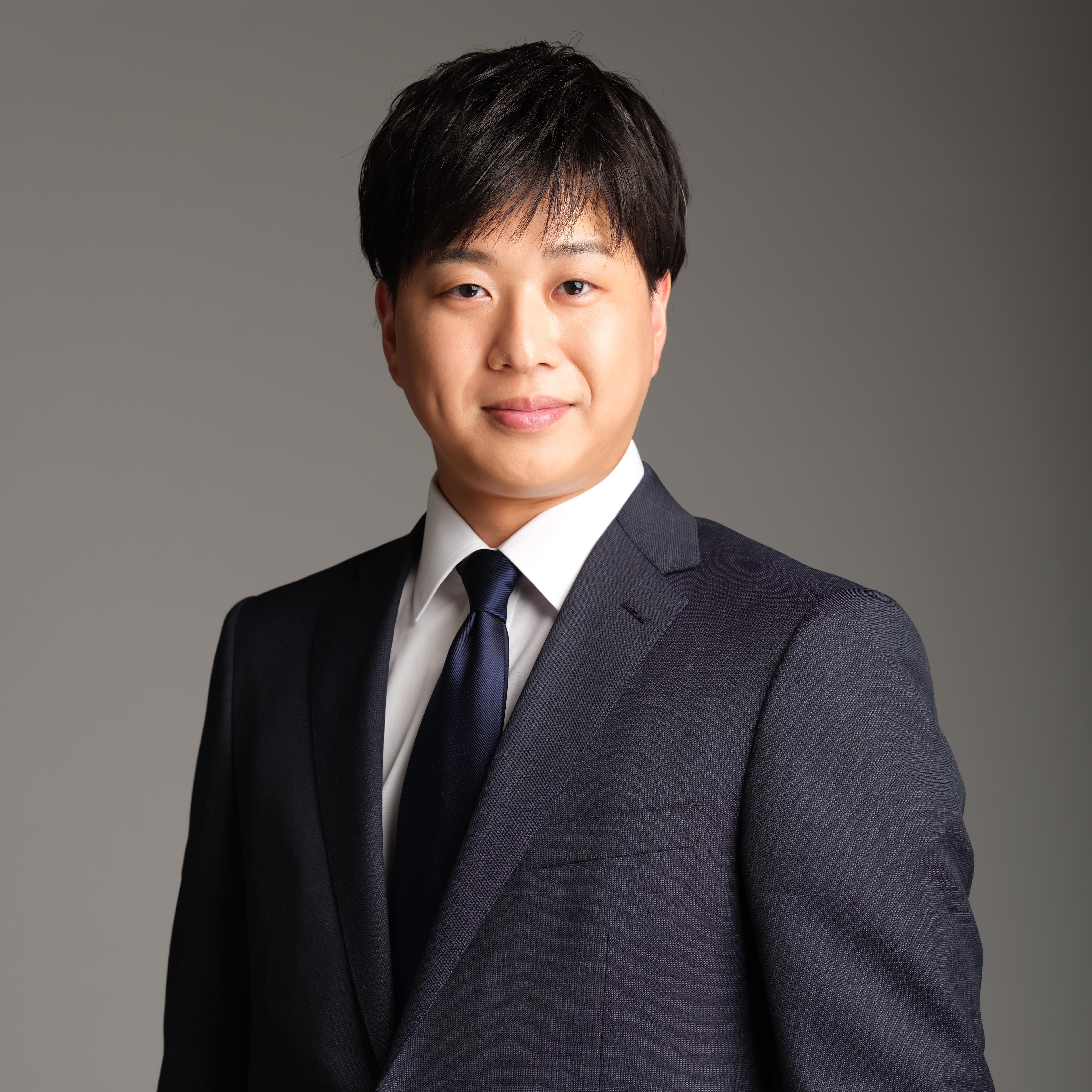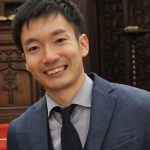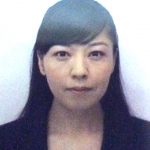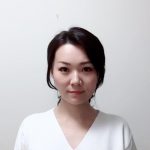Steering Committee
Director
Yuki HONDA
Professor (Sociology of Education)
My study focuses on relations between education, work and family. Since early 1990s, Japanese society has witnessed a conspicuous growth of discrepancies in relations between these three social systems, which include dysfunctions of ‘transition from school to work’, escalation of pressures on responsibilities of parents to educate their children, widening inequality in educational opportunities, and expansion of poverty among families with children. I explore causes and solutions to these problems, especially necessary reforms of education and new roles of the government and civil movements.
Deputy Director
Misako NUKAGA
Professor (Sociology of Education)
I am interested in the impact of globalization on families, schools, and children’s identity and ability formation. I have conducted ethnographic research on Japanese families in the U.S. and foreign families in Japan, focusing on internationally mobile children. I look at the intersections of gender, ethnicity, class, and academic achievement in school routines and family educational strategies. I am also conducting international comparisons of multicultural education and citizenship education through surveys of schools in Japan and the U.S. I am currently researching how education and society can be inclusive of minorities.
Yuto KITAMURA
Professor (Division of Curriculum Development)
I have been conducting researches on education policy in developing countries, particularly in South and Southeast Asia. In recent years, I have been mainly focusing on Cambodia and currently conducting several research projects, including a student tracer study in basic education, a teacher training study, and a study on the development of higher education. I also conduct researches on the internationalization of higher education in Asian countries. Through these researchers, I have been exploring roles of education for creating more democratic society and examining how education needs to be considered as public good.
Yoshiharu YAMAMOTO
Professor (Educational Physiology)
The data analysis of biomedical and health-related information is my specialty. In a research side, focusing mainly on health-related data in daily settings, I investigate methods for the data collection, data analysis, interpretation of the results, and the use of information obtained for health risk evaluation and disease prevention. In addition to the development of new methodology for signal processing, modelling, and statistical analysis, of the standard physiological measurements, recently I also focus on a broader health-related data including behavioral and social ones. In an education side, I aim at teaching students with diverse interests and concerns so that they acquire specialized and integrated analytic skills required in the era of information and communication technology.
Hideto FUKUDOME
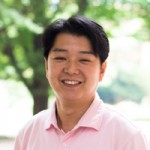
Professor (Historical and Comparative Higher Education, Division of University Management and Policy Studies)
My research interest lies in historical and comparative study of higher education, particularly, American higher education. Although American higher education might be the model for higher education reform in other countries, I am interested in it because American colleges and universities are dynamic and have developed with great diversity. Their histories include many attractive themes for considering the question, “What are colleges and universities?” My research interest extends to diverse areas of higher education: undergraduate curriculum, academic governance, academic professions, and graduate education. I approach these areas with historical and comparative perspectives, which can help us broaden our thinking of higher education. I am looking forward to working with many students who believe colleges and universities are important to our society and culture.
Chiaki ISHIGURO
Associate Professor
Center for Advanced School Education and Evidence-based Research
Center for Research and Development of Higher Education
My research interests focus on creativity, art education, and learning activities. I explore the process of creative learning through a wide range of research approaches, including the development of psychometric methods, the examination of developmental processes through cross-sectional and longitudinal surveys in school settings, the evaluation of educational practices and methods inside and outside schools, and the comparison of educational data across diverse cultures. I aim to apply these findings to the improvement of educational practices. Currently, I am conducting research to promote evidence-based educational improvement and to support the realization of each learner’s potential.
Katsushige KATAYAMA
Associate Professor (Educational Anthropology)
My current research interests lie in the educational implications of political and moral philosophy. More specifically, my research explores the possibilities and limits of citizenship and moral education in a liberal, democratic, and plural society. From this educational perspective, I approach what John Rawls calls the problem of political liberalism: How is it possible that there may exist over time a stable and just society of free and equal citizens profoundly divided by reasonable though incompatible religious, philosophical, and moral doctrines?
Publications
- Katayama, K. (2003) Is the Virtue Approach to Moral Education Viable in a Plural Society?, Journal of Philosophy of Education, 37.2, pp. 325-338. Reprinted in: J. Dunne and P. Hogan (eds.) (2004) Education and Practice: Upholding the Integrity of Teaching and Learning (Oxford: Blackwell Publishing).
Kensuke OKADA
Associate Professor (Psychological Statistics)
My research interest is in statistical modeling of psychological, educational, and behavioral data for better understanding of human behavior. To this end, my lab members and I are conducting research on application and theory of Bayesian statistics. I believe this is an exciting area of research with deep scientific questions and with a wide variety of potential applications.
Satoshi Usami
Associate Professor (Psychometrics)
My general interests are developing and applying statistical methods for behavioral science. Methodologically, my current lines of research include (a) latent growth curve modeling for evaluating within-person changes and its individual differences, (b) developing and investigating the unified framework for longitudinal models to examine reciprocal relations between longitudinally observed variables, and (c) within-person variability score-based causal inference for joint effects of time-varying treatments. In addition, I am collaborating with substantive researchers on a number of topics relating to educational, psychological and medical research.
Center Staff
Rei SUDOH
Assistant Professor (Advanced School Education Division, Center for Advanced School Education and Evidence-based Research)
I am interested in inclusive education, especially for ethnolinguistic minorities in multilingual societies. In my previous research, I have conducted fieldwork in developing countries in the Asia-Pacific region, particularly in Timor-Leste, to reveal the dynamism and the structure of language of instruction issue in classroom. Asia-Pacific region has a unique characteristic not only in the multilingual settings where about half of the world’s languages exist, but also in the turbulent era due to the recent accelerated globalization. Through my research based on this region focusing on ethnolinguistic minorities, I would like to explore how education can be no one left behind in society with people from diverse backgrounds.
Please consult this page (https://researchmap.jp/reisudoh) for my curriculum vitae.
Publications
- Sudoh, R. (2025). “A study of mother tongue as a language of instruction according to official UNESCO documents: the core role of mother tongue and its evolution,” Journal of International Development Studies, 33(3). (Now printing.)
- Sudoh, R. (2024). “A Study on the Structure of the Language of Instruction Issue in Timor-Leste: Focusing on Local People’s “Eclecticism” in Language Choice,” Comparative Education, 68, pp.23-45. (In Japanese)
- Sudoh, R. (2022). “Obstructing Factors in the Scaling-up of Mother Tongue-Based Multilingual Education (EMBLI) in Timor-Leste: A Policy Process Analysis,” Comparative Education, 64, pp.24-46. (In Japanese)
Hideto INAGAKI
Project Assistant Professor (Evidence-Based Research Division, Center for Advanced School Education and Evidence-based Research)
Yuki UENO
Project Assistant Professor (Evidence-Based Research Division, Center for Advanced School Education and Evidence-based Research)
My research focuses on the structure, function, and development of resilience, a psychological trait that facilitates recovery from psychological maladjustment. In particular, I examine the effects of resilience on health and performance in terms of its interaction with environmental factors in a large cross-sectional, longitudinal sample of Japanese. Using these findings, I develop the effectiveness of intervention programs to improve resilience.
- Ueno, Y., Hirano, M., & Oshio. A. (2020). The development of resilience in Japanese adults: A two-wave latent change model. Health Psychology Open, 7, 1-7.
- Ueno, Y., Takahashi, A., & Oshio, A. (2019). Relationship between sensory-processing sensitivity and age in a large cross-sectional Japanese sample. Heliyon, 5, e02508.
Mari KAWAMURA
My research focuses on human resource development and financial support program through tertiary education, especially at graduate level, in Japan and the U.S.
Despite fostering and securing human resources in science technology has become a pressing issue in Japan, the percentage of students proceeding to PhD program has decreased from 16.9% in 1994 to 9.5% in 2019.In the background to this situation, it has been pointed out that educational and research institutions are limiting their PhD employment to hiring temporary employees, and outstanding human resources cannot see a clear career path. My research project at CASEER is intended to determine the realities of human resource development in Japan’s graduate schools and investigating how initiatives by overseas universities (especially in U.S.) compare with circumstances in Japan.
- Kawamura, M.(2019)A Comparative Study on Student Financial Support in U.S. Public Research Universities, The Journal of management and Policy in Higher Education, vol.9,197-211
- Kawamura, M.(2020)Funding Strategies for Graduate Student Support in U.S. Public Research Universities, The Journal of management and Policy in Higher Education, vol.10,111-124
- Hayashi,T.,Saito,T.,Mizuta,K.,Kawamura, M.,Ando,N.(2020)Integrated Reform of University Evaluation and Funding,SciREX-WP-2020-#04,SciREX Center
- Fukudome,H.,Nagasawa,M.,Kawamura,M.,Sasaki,N.,Cho, S.(2020)
Impact of COVID-19 on American Higher Education—Preliminary Report from the Japanese Perspective in September 2020, Bulletin of the Graduate School of Education, the University of Tokyo, vol.60,605-631
Administrative Staff
Emi KANAYAMA
Kotoe TAMURA
Collaborative Researcher
[External Collaborators]
Masahisa Sato
Professor
Faculty of Environmental Studies Department of Environmental Management and Sustainabilty, Graduate School of Environmental and Information Studies Environmental and Information Studies, Tokyo City University
Hajime Shirouzu
Senior Researcher
Dept. for Elementary and Secondary Education Research, National Institute for Educational Policy Research
Tetsuya Kawamoto
Lecturer
Faculty of Letters, Kokushikan University
Kanako Kusanagi
Lecturer
School of Education, Graduate School of Education and Human Development, Nagoya University
Shion Hotta
Researcher
Keio University School of Medicine
Yuka Matsumoto
Reporter, Journalist
NHK WORLD-JAPAN, Hamers Co., Ltd.
LIU Jing
Associate Professor
Graduate school of Education/Faculty of Education. Tohoku University
Dr. Wesley Teter
UNESCO’s Asia-Pacific Regional Bureau for Education
[Internal Collaborators]
Kiyoshi Izumi
Professor
Department of Systems Innovation, School of Engineering
Kuniyoshi Sakai
Professor
Department of Basic Science, Graduate School of Arts and Sciences
Kaoru Sato
Professor
Center for Social Research and Data Archives, Institute of Social Science
Hideki Hashimoto
Professor
School of Public Health (SPH), Graduate School of Medicine
Kaori Fujita
Professor
Department of Architecture, Graduate School of Engineering,
Yuhei Yamauchi
The Dean of The University of Tokyo III/GSIII
Interfaculty Initiative in Information Studies

